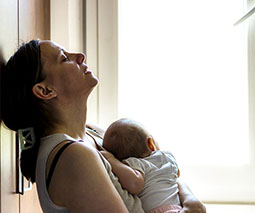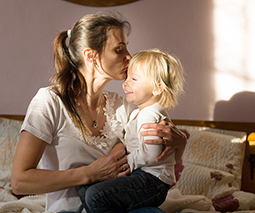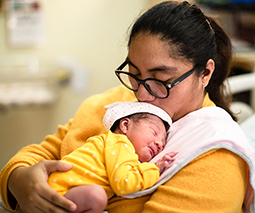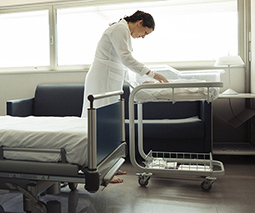Having a boy could put you at possible risk for postpartum depression, study
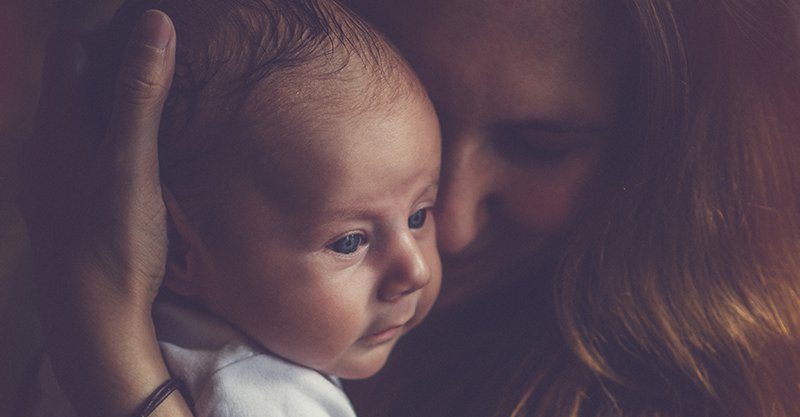
A revealing new study has suggested there’s an increased risk of developing postnatal depression (PND) if you have a baby boy. Similarly, birth complications also ramped up the likelihood of developing PND, compared with births that had no complications.
The study examined the reproductive histories of 296 women and asked them to report their feelings of depression after the birth.
What do baby boys have to do with depression?
Amazingly, the evidence is mounting to suggest that male fetuses have been linked with causing depression after the birth, and it all comes down to what happens inside your body during the pregnancy. Apparently, researchers have been looking at the link between inflammation and depressive symptoms, and it’s been found that males fetuses are linked with increased risk of pre-eclampsia and gestational diabetes, both of which impact the immune system – and thus contribute to inflammation within the body.
Read more about baby boys:
- I wanted a baby girl but got two boys instead – and now I know why
- Everything you wanted to know about little boys and their erections
- Dreaming of having a little boy? Here’s 8 tricks to try to conceive a son
Birth complications and inflammation
Researchers are still working on why male babies are connected with inflammation, but the other piece of the puzzle is easier to understand. When it comes to birth complications, which can range from having an episiotomy to an emergency c-section, there’s a big chance these will trigger an immune response. This, in turn, could cause inflammation or infection, which has been linked with depressive symptoms.
An exciting link
Understandably, researchers are excited about the link between inflammation and depression. “It is interesting to note the role of inflammation in the development of depression,” said Kecia Gaither, M.D., a double board-certified physician in OB/GYN and Maternal-Fetal Medicine. “Research has noted a difference in the immune response of women carrying a male versus a female fetus, and operative deliveries, episiotomies, and the development of a uterine infection in the postpartum period all additionally affect the immune response in postpartum women.”
What about emotional trauma?
The study poses some limitations. One of them is that it doesn’t discuss emotional trauma, which could be caused by a complicated birth and lead to symptoms of depression. “Birth complications themselves can be fairly traumatic, and I would think anyone who has been through significant trauma would be at higher risk of depression just from the emotional trauma alone that she has endured,” said Mary Jane Minkin, M.D. and clinical professor of the results. “I think it would be difficult to figure out whether it’s the emotional trauma or the secondary inflammation [causing the depression].”
What does this all mean?
Even if this study poses more questions than it answers, the findings open the door for more discussion around the causes of postnatal depression, and may even pave the way for more effective screening and treatment for women experiencing PND.
And if you’re having a baby boy, don’t despair. There are many risk factors for developing postnatal depression, and having one or several of them doesn’t mean you are going to develop the illness. What’s more important is that you have great support on hand both during the pregnancy and once you bring baby home. Talking about any concerns you have, or feelings you’re experiencing will go a long way in getting you the help you need if problems arise.

